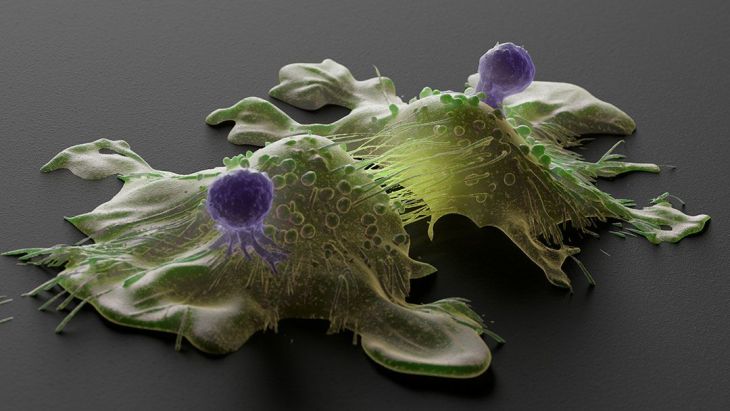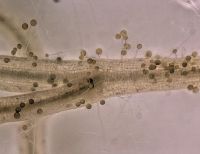Our immune system has billions of ‘T cells’ which recognise and destroy cells that might pose a threat to our wellbeing, such as those that show specific hallmarks of infection and disease. But these remarkable cells appear to be outwitted by cancer cells, which evade detection and grow uncontrollably.
CAR-T is a type of immunotherapy that provides a way round this by turning a patient’s own T cells into a battalion of highly targeted killers.
In 2020, Addenbrooke’s Hospital, part of Cambridge University Hospitals NHS Foundation Trust, became one of only a small number of centres in England equipped to provide this complex treatment.
For some of these patients, the treatment has cured them of their cancer.
“CAR-T cell therapy is a ‘living treatment’ in that once the cells are given to a patient, they persist for many months or even years, ready to attack the cancer cells should they pop up again,” explains Dr Ben Uttenthal, clinical lead for immune effector cell therapies at Addenbrooke’s and the Cancer Research UK (CRUK) Cambridge Centre’s Cancer Immunology Programme.
“For some types of aggressive cancer we are finding that we can cure more than double the number of patients using CAR-T cell therapy. It’s been a game-changing treatment – and we’re only just scratching the surface of what’s possible.
















